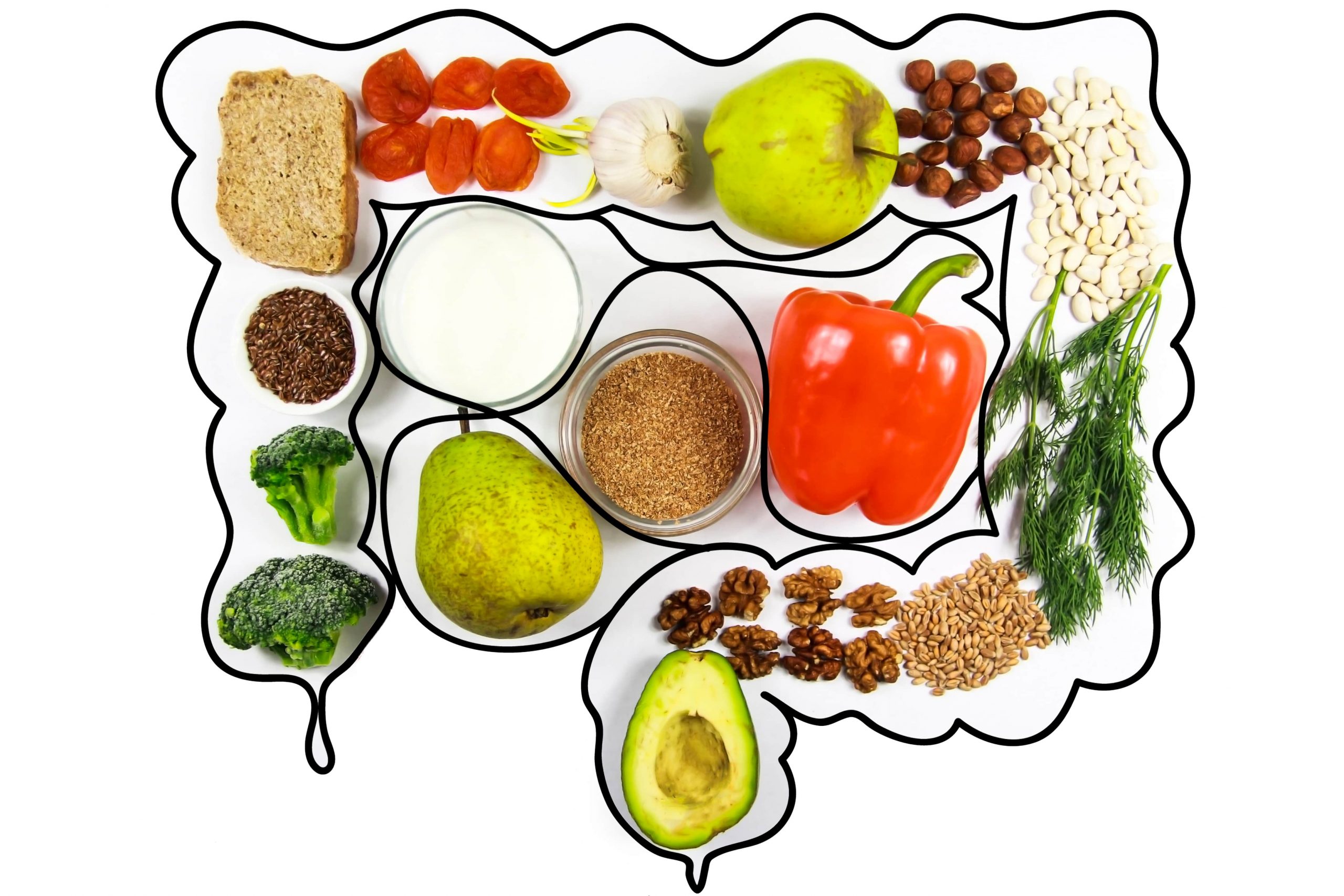Gut lag is real, my friends. For those coming across this term for the first time, it refers to feeling hungry or losing appetite at the unusual times. This phenomenon is common in people involved in long flights or travels and shift work. In both cases, people end up with a compromised circadian rhythm. For involved in long travels or flights, this causes jet lag, a sleep-wake disorder that affects the intestinal microbiome, triggering traveler’s diarrhea and constipation. Shift workers, including nurses, firefighters, security personnel, and police officers also face the consequences of a damaged gut, including obesity, cardiovascular diseases, and diabetes.
How to Beat Gut Lag
- Take meals before the flight
- Take smaller amounts of food to avoid indigestion when you are tempted to eat at the wrong times
- Adopt a local eating pattern when you reach your destination
- Stay hydrated to reduce gut lag symptoms, including constipation
- Exercise as soon as you land to gain control of your bowel function
- Is Mushroom Coffee Worth the Hype? An Expert’s Take - April 19, 2024
- Missionary Position – Least Likely To Bring You To Climax - April 7, 2023
- Vibrators could put you in Jail - March 31, 2023









